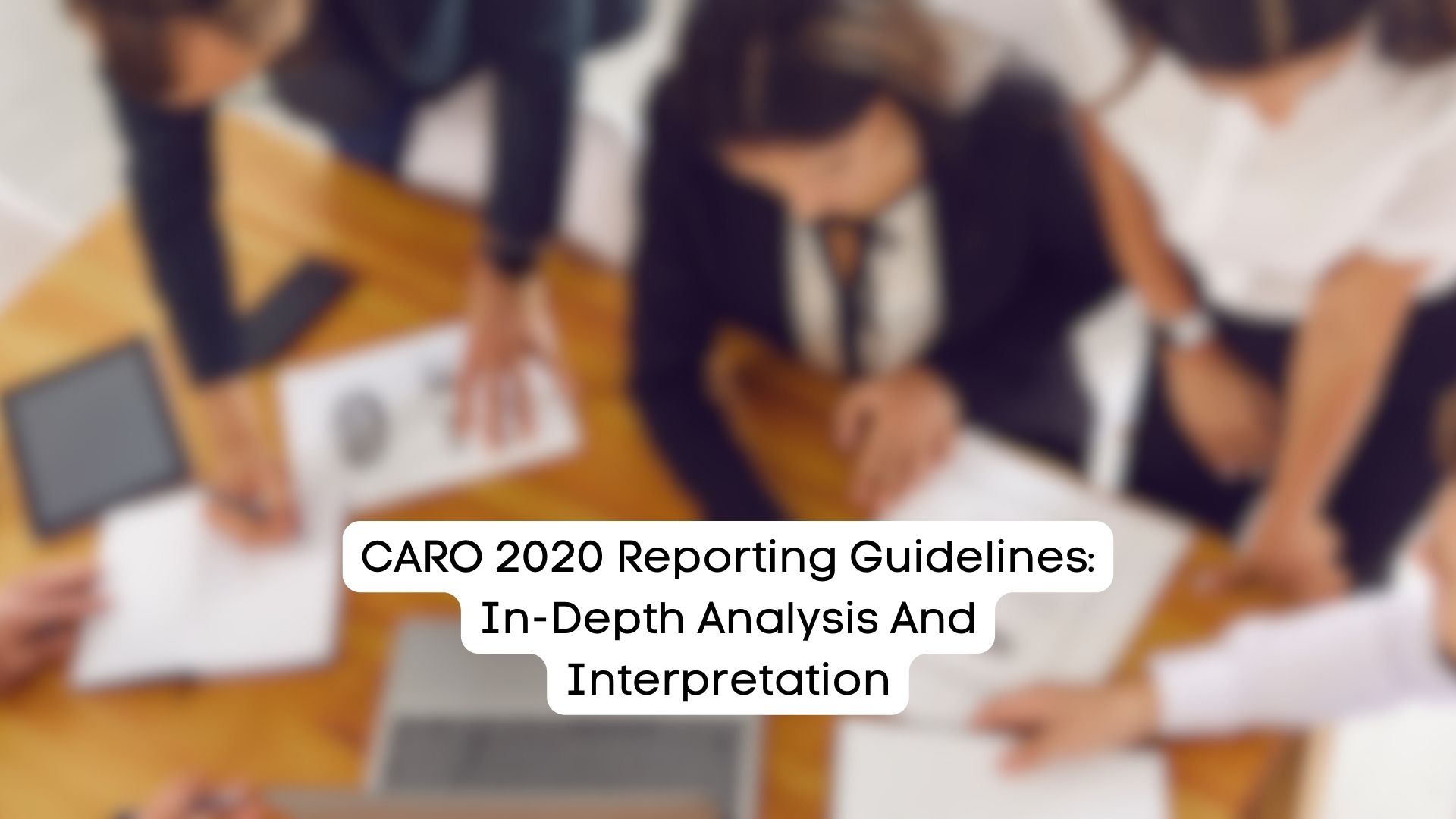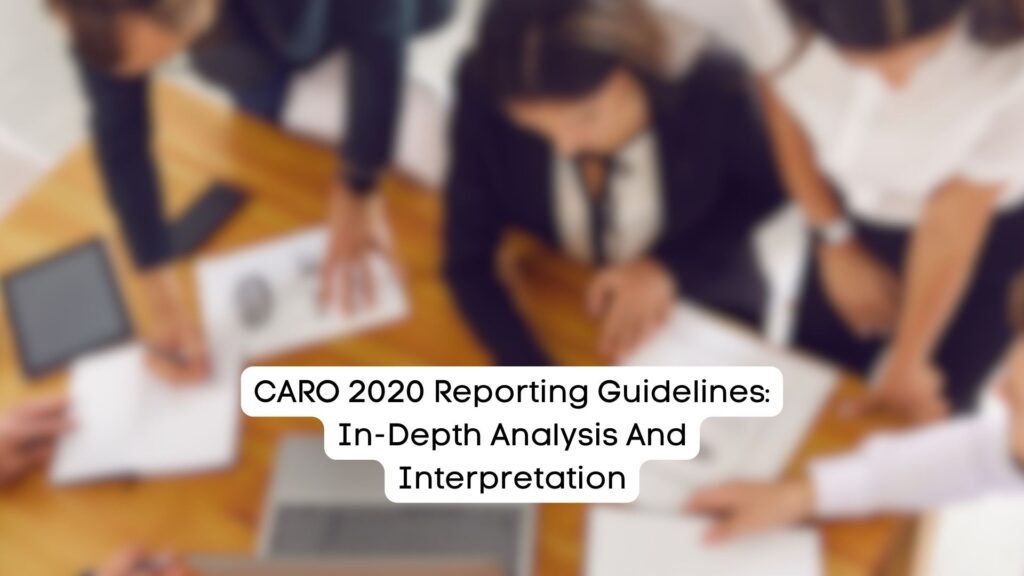
22 Feb CARO 2020 Reporting Guidelines: In-Depth Analysis and Interpretation

CARO 2020, a comprehensive framework introduced for audit reports under the Companies Act 2013, marks a significant shift in reporting requirements for statutory audits of companies in India. This new directive, formulated in consultation with the National Financial Reporting Authority (NFRA), aims to elevate the standards of reporting by company auditors, thereby enhancing transparency and accountability.
Understanding CARO:
CARO, short for Companies Auditor’s Report Order, pertains to audit reports for the fiscal year 2021-2022 and onwards. Its applicability varies based on the type of companies, with exemptions for entities such as banking and insurance firms. While some clauses from the previous iteration, CARO 2016, remain unchanged, CARO 2020 introduces additional reporting obligations and modifies certain existing ones.
Significance of CARO 2020:
The implementation of CARO 2020 heralds a new era of transparency in financial reporting. By mandating the disclosure of crucial details, such as whistleblower complaints and actions against benami assets, the framework seeks to empower stakeholders with timely and accurate information. Additionally, it emphasizes the importance of robust internal controls and compliance mechanisms within audited companies.
Key Amendments in CARO 2020:
CARO 2020 brings forth several notable changes, including:
- Enhanced Reporting on Property, Plant, and Equipment (PPE) and Intangible Assets.
- Expanded Coverage of Loan Reporting, Investments, Guarantees, and Advances.
- Inclusion of Reporting on Statutory Dues, Unrecorded Income, and Financial Losses.
- Strengthened Fraud Reporting Requirements.
- Introduction of Reporting on CSR Compliance and Consolidated Financial Statements.
Differentiating CARO 2020 from CARO 2016
The latest iteration of CARO introduces several enhancements aimed at fortifying due diligence and transparency. Key differentiators include:
- Inclusion of CSR Reporting.
- Strengthened Going Concern Reporting.
- Emphasis on Whistleblower Complaints.
- Stricter Disclosure Requirements for Loans and Borrowings.
Applicability of CARO 2020:
CARO 2020 applies to most companies, with exemptions for specific categories such as One Person Companies, insurance organizations, and small entities meeting certain criteria. Private companies meeting specified thresholds are also exempted from certain provisions of CARO 2020.
In Conclusion:
CARO 2020 represents a paradigm shift in the landscape of auditor reporting, aiming to bolster transparency, accountability, and corporate governance. By aligning reporting practices with global standards, it endeavors to enhance investor confidence and regulatory oversight. Adherence to CARO 2020 is crucial for companies seeking to uphold the highest standards of financial reporting and governance.


No Comments